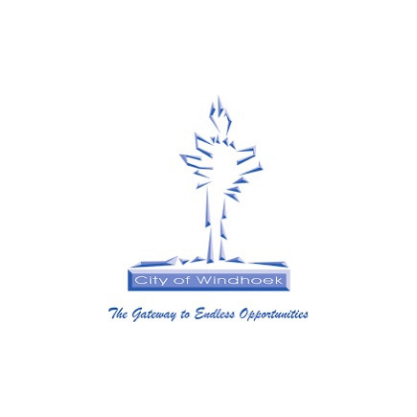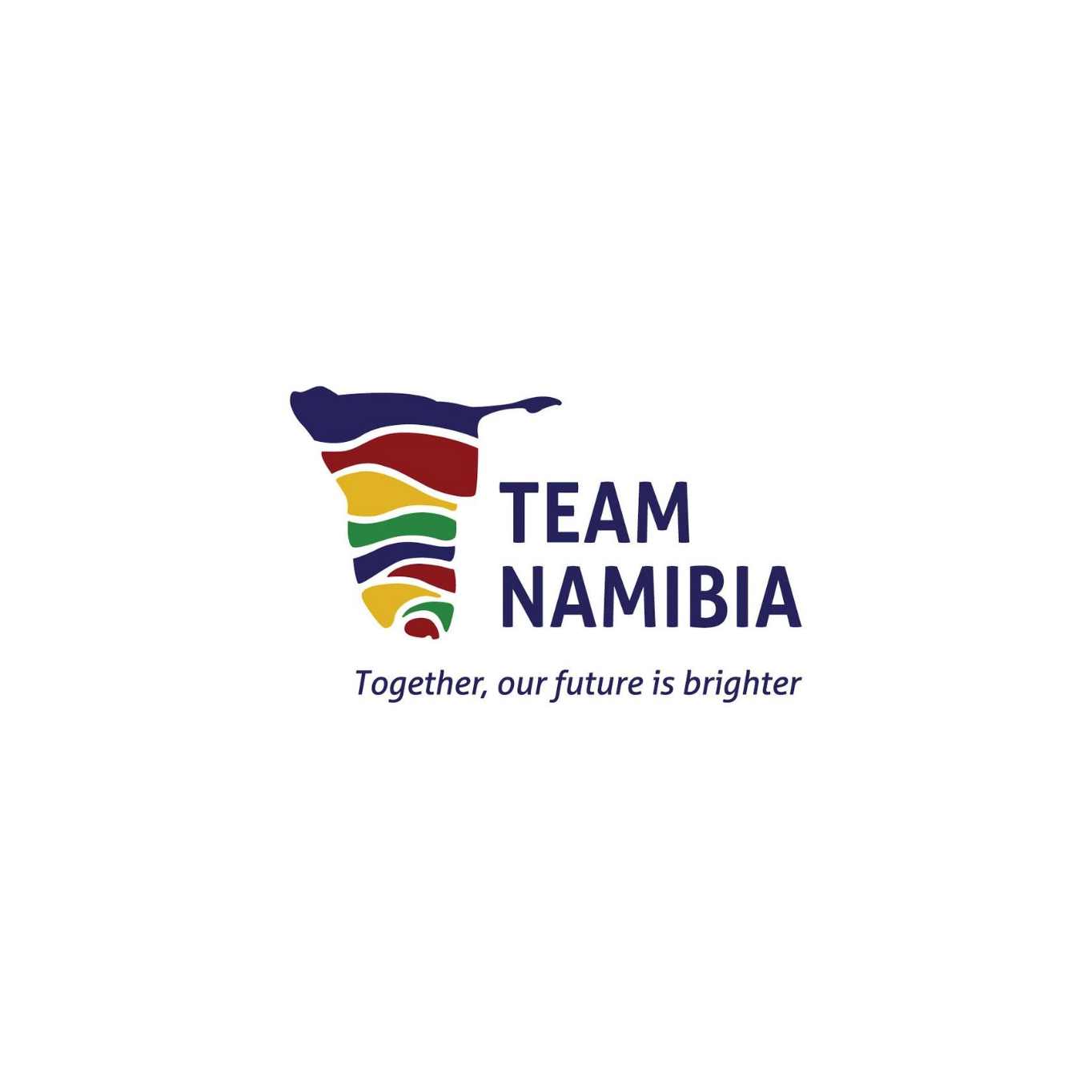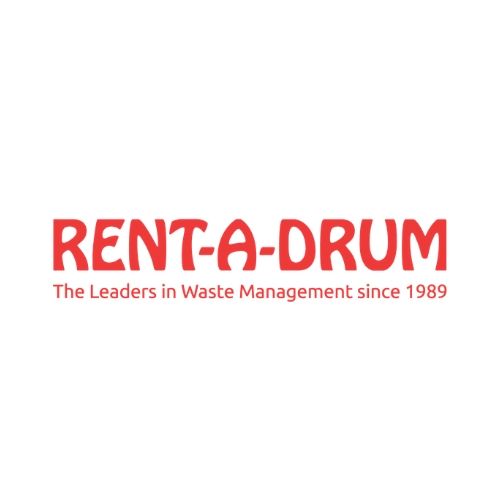Namibia offers a stable destination for investment and doing business. The country has a multi-party democracy, strong democratic institutions and adherence to the rule of law. Free, fair and transparent elections are held every five years. Namibia also has an excellent transportation infrastructure, sound financial sector and an abundance of natural resources.
The Ministry of Industrialisation and Trade (MIT) is responsible for the development and management of Namibia’s economic regulatory regime. The ministry has finalised a draft National Investment Policy which will be submitted in the 2024/25 financial year. It is also in the process of finalising several bills to improve Namibia’s investment climate. These include:
- The Namibia Investment Promotion and Facilitation Bill (NIPFB), which is expected to be promulgated in the 2024/25 financial year. It provides for the treatment and support of domestic and foreign investors, as well as the reservation of certain sectors for Namibian investors.
- The draft Special Economic Zone Bill and regulations, which are expected to be tabled during the 2024/25 financial year. The act will replace the Export Processing Zone regime which will be phased out by the end of 2025.
- The Competition Bill, which will replace the Competition Act (No. 2 of 2003).
- The National Equitable Economic Empowerment Bill (NEEEB), which is yet to be finalised and tabled in parliament following numerous public consultations. The proposed legislation, which aims to promote the economic empowerment of previously disadvantaged Namibians, has been under discussion since 2016.
The ministry has allocated N$315,484,000 for operational expenses and N$50 million for its development budget for the 2024/25 financial year – an increase of 24% on the 2023/24 budget.
AFRICAN BUSINESS LEADERSHIP AWARDS 2024
Industrialisation and Trade Minister Lucia Iipumbu received the Africa Trade and Investment Minister of the Year 2024 award at the 14th African Business Leadership Awards (ABLA) in London, England in July 2024. The award recognises ministers who have demonstrated exceptional leadership and strategic vision in promoting trade and investment opportunities, fostering economic growth and enhancing international partnerships within their respective countries.
NAMIBIA INVESTMENT PROMOTION AND DEVELOPMENT BOARD
The Namibia Investment Promotion and Development Board (NIPDB) is a state-owned public enterprise which resorts under the Office of the President. It replaced the Namibia Investment Centre and commenced operations on 1 January 2021. Its mandate includes, amongst others, the promotion and facilitation of investments by foreign and domestic investors, as well as new ventures that contribute to economic development and job creation. The board also plays an important role in supporting the growth and development of micro, small and medium enterprises (MSMEs).
The board’s One Stop Centre serves as a single point of information and services to simplify administrative procedures and speed up applications by reducing red tape. Services include consultations, facilitation of visas and work permit applications and information regarding the requirements for business registration.
STATE-OWNED ENTERPRISES
Namibia’s close to 100 state-owned enterprises (SOEs) are divided into three categories. Commercial public and financial enterprises and extra-budgetary funds resort under the Ministry of Finance and Public Enterprises, while non-commercial enterprises resort under the relevant line ministries.
Provision for subsidies and transfers to all SOEs in the 2024/25 budget was projected at N$3.2 billion compared to N$1.4 billion in the 2023/24 financial year.
SUBSIDIES AND TRANSFERS TO COMMERCIAL PUBLIC ENTERPRISES IN THE 2024/25 FINANCIAL YEAR
| PUBLIC ENTERPRISE | Allocation (N$m) |
|---|---|
| Agribank | 176.3 |
| Agro-Marketing and Trade Agency (AMTA) | 72.0 |
| Development Bank of Namibia (DBN) | 49.7 |
| Epangelo Mining Company | 12.0 |
| Lüderitz Waterfront Development Company | 9.0 |
| Meatco | 100.0 |
| Meatco (servicing of loan facility at DBN) | 112.0 |
| Namibia Institute of Pathology | 107.0 |
| Namibia Industrial Development Agency | 30.0 |
| Road Contractor Company | 55.9 |
| TransNamib | 300.0 |
| Zambezi Waterfront | 5.0 |
| TOTAL | 1,028.9 |
| SOE tax liabilities* |
*Provision was made for the tax liabilities of six public enterprises to be written off.
PUBLIC SERVICE
Public services are provided at three levels. At central government level, services are rendered by 19 ministries headed by a minister, and assisted in some ministries by a deputy minister, as appointed by the president.
Services that are decentralised to the 14 regional councils by the central government are provided at the second level of government. These services include primary healthcare, pre- primary and primary education, rural electricity distribution, vehicle testing and licensing, business registration and the provision of housing.
Local authorities, which are responsible for the provision of services in urban areas, are divided into Part I and Part II municipalities, town councils and village councils, depending on their financial strength. Windhoek is the only local authority that enjoys the status of a city. All local authorities are responsible for providing basic services such as water supply, sanitation, refuse removal and the construction and maintenance of roads. Other powers and functions are exercised in accordance with the Local Authorities Act (No. 23 of 1992).
PRIVATE SECTOR
Namibia’s private sector provides a complete range of quality customer services, ranging from professional, scientific and technical services, finance and insurance, real estate as well as transport and logistics to administration, communication, hospitality, healthcare as well as wholesale and retail trade.
Businesses are required to comply with legislation that is generally applicable, such as the Labour Act (No. 11 of 2007) and the Social Security Act (No. 34 of 1994), and to register with the Namibia Revenue Agency (NamRA) regarding tax payments and the payment of value-added tax (VAT).
Companies, businesses and institutions identified in certain acts are also required to comply with their obligations under the relevant acts. These include registration with the Namibia Training Authority (NTA) and the designation of employers as defined in the regulations of the Employment Services Act (No. 8 of 2011) and the Affirmative Action (Employment) Act (No. 29 of 1998).
At local authority level, businesses are required to comply with the regulations applicable to the various local authorities. These include, amongst others, building regulations, health regulations, trading licences, noise control regulations and outdoor advertising.
The interests of the private sector are represented by various voluntary members’ associations, including the Namibia Chamber of Commerce and Industry (NCCI), the Namibia Local Business Association (NALOBA), the Namibian Employers’ Federation (NEF), the largest employers’ organisation in Namibia, and the Chamber of Mines of Namibia (CoM). There are also several voluntary members’ associations representing various sectors of the economy.
Statutory councils and boards are responsible for the regulatory oversight of professions in a variety of fields to ensure a high level of professionalism. The Bank of Namibia (BoN), the Namibia Financial Institutions Supervisory Authority (NAMFISA) and the Communications Regulatory Authority of Namibia (CRAN) are among these regulatory and oversight bodies.
BUSINESS AND PUBLIC SERVICES AT A GLANCE
- In terms of the Namibian Constitution, the economy is based on public, private and joint public-private ownership
- The country provides a safe and politically stable destination for investment and doing business
- The Ministry of Industrialisation and Trade is mandated to develop and manage the country’s economic regulatory regime
- The Namibia Investment Promotion and Development Board (NIPDB) is responsible for the promotion and facilitation of investments in the country
VITAL CONTACTS
Eastern and Southern Africa Management Institute (ESAMI)
✉️P O Box 1836, Windhoek
Tel: +264 61 236 965 / 6
esami-africa.org
Namibia Competition
Commission (NACC)
P O Box 2104, Windhoek
Tel: +264 61 224 622
nacc.com.na
Namibia National Reinsurance Corporation (NamibRe)
✉️P O Box 716, Windhoek
+264 61 422 800
namibre.com
Namibia Insurance
Brokers Association (NIBA)
P O Box 283, Windhoek
Tel: +264 61 384 029
Namibia Institute of Public Administration and Management (NIPAM)
Private Bag 13218,
Windhoek
+264 61 296 4700
nipam.na
National Special Risks Insurance Association (NASRIA)
P O Box 417, Windhoek
Tel: +264 61 229 207
nasria.com.na
Security Enterprise & Security
Officers Regulation Board (SESORB)
✉️
Private Bag 12024, Windhoek
sanamibia.com
Trust Fund For Regional
Development & Equity
Provisions (TRFDEF)
P O Box 23160, Windhoek
Tel: +264 61 227 880
murd.gov.na
















